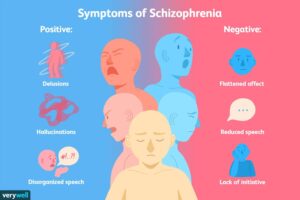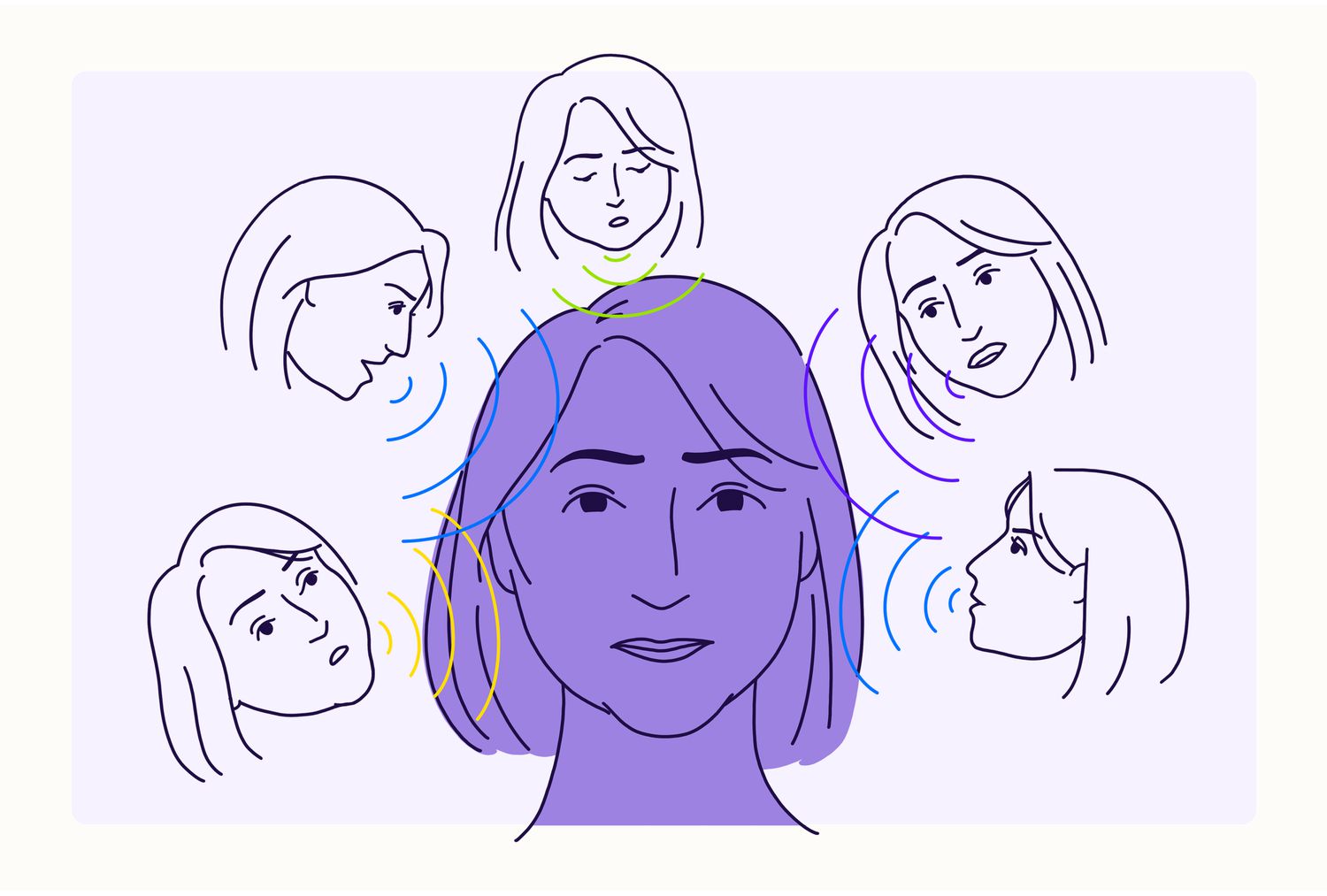In the realm of mental health, Schizophrenia stands as a formidable enigma, a puzzle that has confounded researchers, clinicians, and patients for generations. This article aims to shed light on this complex condition in a manner that is both informative and approachable. We’ll traverse through the labyrinth of Schizophrenia, examining its origins, symptoms, treatment, and the societal perceptions that surround it.
What is Schizophrenia?
Schizophrenia, often referred to simply as ‘SZ,’ is a multifaceted mental disorder. It usually makes its debut in the late teens to early 20s, though it can surface at any point in life. Characterized by a profound disconnection from reality, SZ can have a devastating impact on one’s thoughts, emotions, and behavior.
The Symptoms 
Positive Symptoms
Positive symptoms, contrary to what the name suggests, are not ‘good’ symptoms. Rather, they involve the presence of abnormal experiences that most people do not have. These can manifest as hallucinations, delusions, thought disorders, and movement disorders.
Negative Symptoms
On the flip side, negative symptoms involve the absence of certain attributes that are typically present. These might include reduced emotional expression, avolition (lack of motivation), and anhedonia (inability to experience pleasure).
Cognitive Symptoms
Cognitive symptoms are where the intricate machinery of thought falters. They encompass problems with executive function, memory, and attention. These often prove to be significant hurdles in daily life.
The Root Causes
As with many mental health conditions, the exact causes of Schizophrenia are not precisely clear. Genetics play a role, with a higher likelihood of developing SZ if a close family member has it. However, environmental factors, brain chemistry, and stress also contribute to the equation.
Diagnosis
Diagnosing Schizophrenia can be a daunting task. Clinicians typically rely on a combination of a patient’s medical history, interviews, and observations. It’s important to rule out other possible conditions with similar symptoms.
The Stigma
Misconceptions
The societal stigma surrounding Schizophrenia can be a heavy burden for those affected. The common misconceptions and portrayals in media can be deeply misleading. Schizophrenia doesn’t equate to violence, and most individuals with SZ are not dangerous.
The Reality
While the media often presents Schizophrenia in a sensationalized light, the reality is far more nuanced. Individuals with SZ are more likely to be victims of violence than perpetrators. With proper support and treatment, many people with Schizophrenia lead fulfilling lives.
Treatment Options
Medications
Antipsychotic medications are the primary tool in managing SZ. They help to alleviate the positive symptoms but may have side effects that need to be monitored.
Psychotherapy
Psychotherapy, like cognitive-behavioral therapy, can be a valuable complement to medication. It helps individuals understand and manage their symptoms, develop coping strategies, and improve their overall quality of life.
Hospitalization
In severe cases, hospitalization may be necessary to ensure the safety of the individual and those around them.
Support
A strong support system, often involving family and friends, is crucial. It can make a significant difference in the long-term management of the condition.
Living with Schizophrenia
The Journey
Living with Schizophrenia is undoubtedly a journey filled with ups and downs. It’s important to remember that individuals with SZ can achieve personal and professional success, but it often takes determination, treatment, and support from loved ones.
Coping Strategies
Coping strategies can vary from person to person. Developing a routine, setting realistic goals, and staying connected to support networks are all strategies that can help individuals navigate the challenges of SZ.
Conclusion
In our quest to unravel the enigma of Schizophrenia, we’ve ventured into the depths of its symptoms, causes, diagnosis, treatment, and the societal stigma that clouds it. While Schizophrenia remains a challenging adversary, it’s vital to remember that with proper care, understanding, and support, many individuals living with SZ are capable of leading meaningful lives. It’s a reminder that, beneath the layers of this complex disorder, lies a person with dreams, hopes, and aspirations.
In parting, let us continue our quest for knowledge and empathy, dismantling the misconceptions that have shrouded Schizophrenia for too long. Through education and understanding, we can create a world where individuals with Schizophrenia are met with compassion rather than fear.
